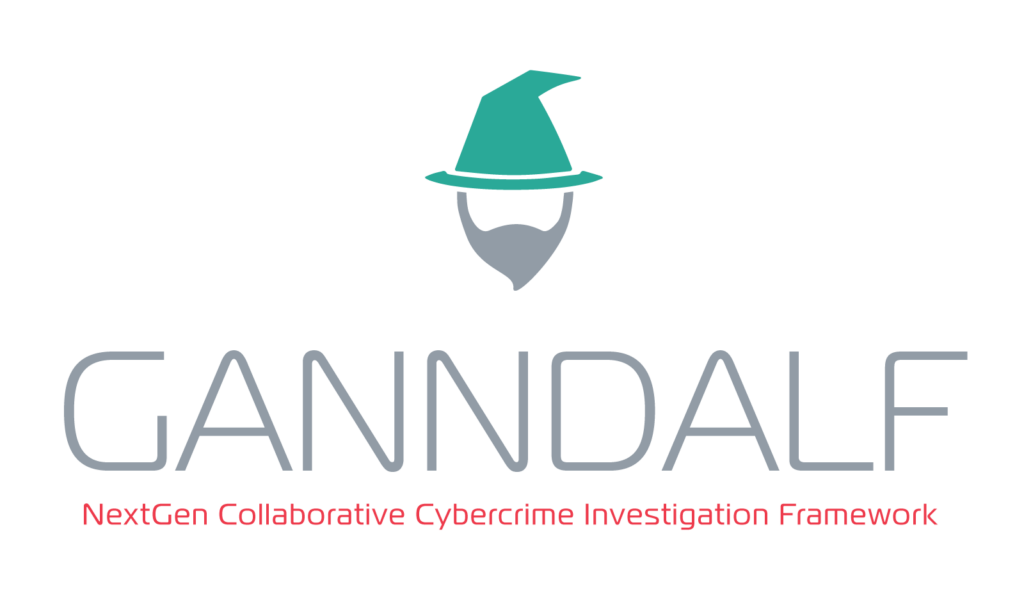
GANNDALF’s streamlined workflow equips law enforcement agencies (LEAs) with intelligent, context-aware tools and resources. Upon opening a case, the system evaluates the requirements and constraints, leveraging GANNDALF’s advanced capabilities in data sharing, investigative collaboration, policy formation, and awareness programs. This enables the delivery of adaptive, multi-layered decision support. A tailored investigation sandbox is then configured, integrating precise guidelines, targeted training modules, and policies to align with the unique needs of each agency or stakeholder. Project’s main objectives are as follows:
- Advance collaborative investigation and prediction of cyber threats using human-swarm intelligence, KG-enhanced LLMs, innovative crime detection tools, and AI-driven decision support.
- Develop a customizable collaboration sandbox for IT and non-IT experts, integrating tailored data-sharing mechanisms and balancing privacy with transparency.
- Enhance policy-making, training, and public engagement through re-skilling programs, policy recommendations, and Cyber Hygiene 2.0 initiatives.
- Validate solutions in real-life scenarios, addressing diverse agency needs while monitoring legal implications for collaborative investigations.
- Establish a pan-European collaboration framework, fostering links with ENISA, EUROPOL, and PPPs to ensure broad applicability and market readiness of GANNDALF outcomes.
ITML’s role in the project
In the GANNDALF project, ITML plays a central role in innovation and technical management. It ensures timely execution, fosters collaboration with LEAs, and enhances its expertise as a systems integrator of complex cybersecurity architectures. ITML also deploys Privacy-Enhancing Technologies, data management infrastructures, and decision support tools, leveraging and expanding its Security Infusion and Data Fusion Bus solutions to meet project requirements.
For more information, visit the official project website: https://ganndalf-project.eu/
Acknowledgment
The project GANNDALF has received funding from the European Union’s Horizon Europe Research and Innovation Programme under the Grant Agreement No. 101167951.
